KENT, Conn.—Everyone knows—or thinks they know—the story of Rosa Parks, the plucky NAACP activist who helped inspire the 1955 Montgomery, Ala., bus boycott by refusing to give up her seat to a white woman.
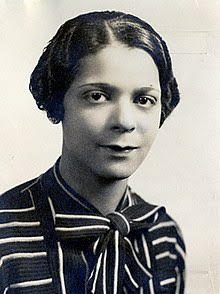
Parks became an enduring symbol for the Civil Rights movement, but she was not the only Black woman to defy Jim Crow rules.
Three Kent residents have now uncovered the largely forgotten story of an earlier protester, Mabel Byrd, and have immortalized her legacy in a short documentary film, “Speak Loud: The Story of Mabel Byrd,” selected to be shown at the upcoming Black History Film Festival in Washington, D.C.
The film was first created for the Troutbeck Symposium, a student-led collaboration that emphasizes uncovering Black history through documentaries, art exhibitions, and conversation.
It was supported by a grant from the Upper Housatonic Heritage Area and was created by two former Marvelwood School students, Wyatt Lee and Leila Pongrácz, and their film teacher, Ben Willis.
“They selected only 11 films for the film festival and, since this is not a student film festival, it is [an amazing achievement,]” said , Dan Bolognaniheritage area executive director.
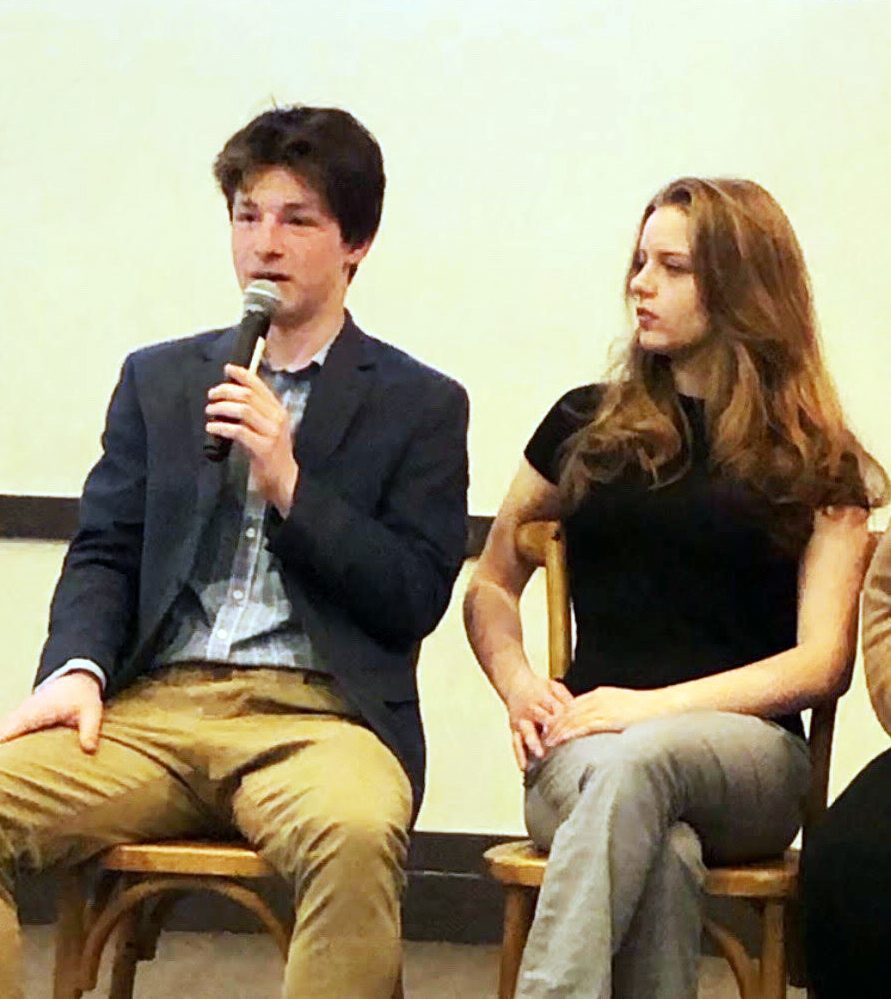
The nine-minute film, which can be viewed here, will be presented Friday, Feb. 28, at the Lincoln Theater in Washington, D.C. Additional screenings will be held in Miami and Atlanta, according to Lee.
The film the Marvelwood trio created tells the tale of Mabel Byrd, educator, economist and Civil Rights trailblazer, who on Feb. 21, 1934, was barred from eating in the U.S. Senate restaurant.
Byrd, hired by the National Recovery Act to “observe possible exploitation of colored workers,” was attending Senate hearings when she entered the Senate’s public restaurant.
The waitress informed her group, “If that woman is colored, she can’t eat in here.” She was escorted off the premises by police. The issue became an instant cause célèbre, featured on the front pages of newspapers such as the Atlanta Daily World.
Accounts of the issue vary. New York Senator Royal S. Copeland said she was not barred because of race, but because there were no tables available, while Byrd denied this version of events. Accounts from the police recall Byrd shouting and cursing while being escorted out, but Byrd’s associates reported that she acted reasonably and simply stated no crime was committed.
Copeland later decreed that a table would be set aside for African-Americans, but when the restaurant continued to make excuses not to serve Blacks, Copeland admitted that race was at the bottom of the incident. He continued to deny, however, that the restaurant officially barred African-Americans.
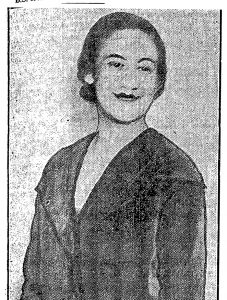
The situation did not improve. Jim Crow seemed to be a permanent fixture in the U.S. Congress.
Only three months later, Black U.S. Rep. Oscar DePriest’s confidential secretary, Morris Lewis, was barred from the House of Representatives public restaurant.
The Atlanta Daily World reported on the ensuing testimony before a special committee investigating whether the House of Representatives Accounts Committee had exceeded its authority in barring African-Americans from the House’s public restaurant. For 10 days, small parties of interracial diners tried to eat in the restaurants in an attempt to desegregate them.
Not being allowed to eat where she chose was not the only indignity Byrd endured in her long career.
As the first Black woman to work for the National Recovery Administration, she earned the reputation as a “shrewd economist” but was forced out of the job after only a few months because the hostility directed against her. This inspired her to join the Joint Committee for National Recovery, which was investing hate crimes and unsafe working conditions.
“Our goal was to research a person with a local connection,” said Lee. “Mabel Byrd has a connection to the region through Troutbeck.”
Troutbeck, a conference center in Amenia, N.Y., was once owned by Joel and Amy Springarn, who were active in the Civil Rights Movement and hosted two critical early meetings of the NAACP.
Known today as the Amenia Conferences of 1916 and 1933, they attracted distinguished attendees such as Mary Ovington, co-founder of the NAACP, and sociologist W.E.B. Du Bois.
A staunch ally and friend of DuBois, Mabel Byrd was among the 1933 attendees. The Troutbeck Symposiums continue this spirit of social activism.
“That was an inspiration that happened right under our noses,” said Willis. “The students looked at all the attendees from the 1933 conference and chose one to make a movie about. They zeroed in on Mabel Byrd because of the dining room incident and this whole story of an incredible person emerged. She is not well known, not in the history books, so it was incredible to see her emerge.”
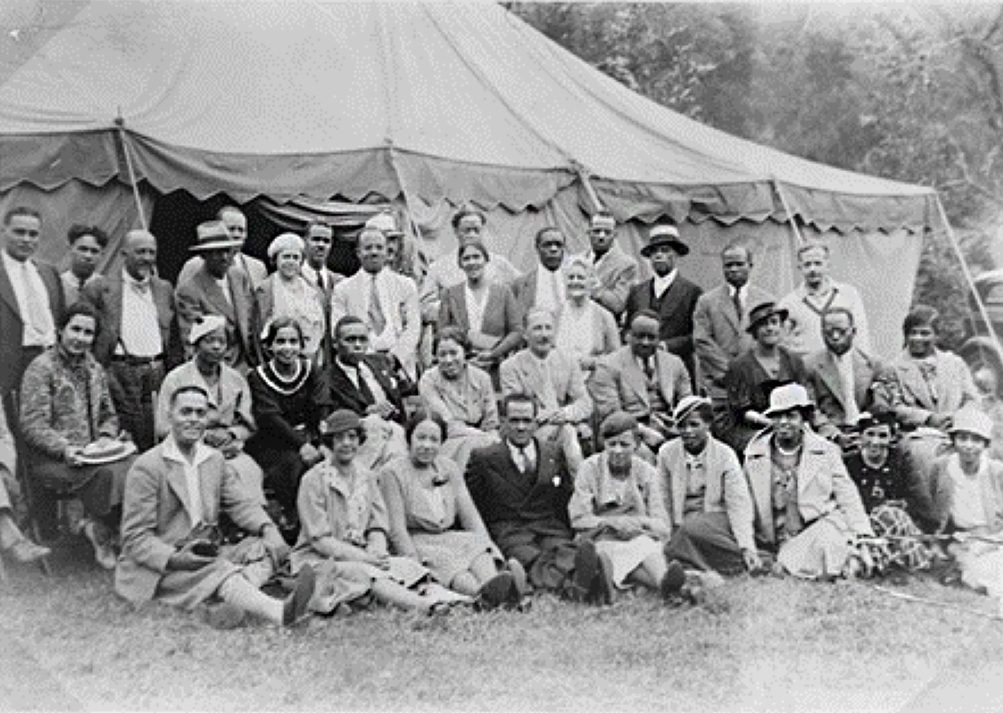
“Mr. Willis had a little background on her and we wanted to do a film on an issue that was not well known but was very important,” said Lee, admitting that at times it was difficult to research their topic.
The students soon realized that not every source is reliable. “Sources about Civil Rights can be misleading and we wanted to be as accurate as possible,” he said.
“Wyatt is so dedicated,” observed Willis. “He said, ‘Let’s get this movie right.’ He’s really into the idea of doing historical documentaries.”
In addition to researching, gathering period clips, and writing, Lee gives a polished performance as the film’s narrator.
“It took a lot of takes,” he said modestly. “We met every Wednesday to work on it and got as many sources as we could before we wrote it. Ben Willis helped with editing and behind scenes stuff and when we finished, we submitted a rough edit to the Troutbeck Symposium.”
But the students weren’t finished with their project yet. Temporarily distracted by another project, they returned to the Byrd film in summer 2024.
“There were some things that needed to be polished and a few scenes to be added,” he said. “We finished in September and submitted it to some student film festivals—it’s been selected by two so far and will be shown in Washington Feb. 28.”
All three of the film’s creators have now moved on from Marvelwood. Lee, who grew up in South Kent, is studying film and media at the American University in Washington, D.C.
Pongrácz, of Kent, is also a student at American University studying textiles and fashion. She is currently taking a semester abroad at Glasgow University and could not be reached for comment.
Willis, also of Kent, is owner of WB Willis Productions and has helped found a number of experiential learning programs, including the Housatonic Heritage Area’s Video Exploration Program, a summer program dedicated to telling stories about local history, and environmental and cultural sites.
He also helped found the Troutbeck Symposium with colleague Rhonan Mokriski. and continues to create community service documentaries.
He is proud of his Marvelwood students’ achievements.
“The Black Film Festival is not a student film festival—this is a real festival with some entries by professional filmmakers,” he said. It’s such an impressive accomplishment.”



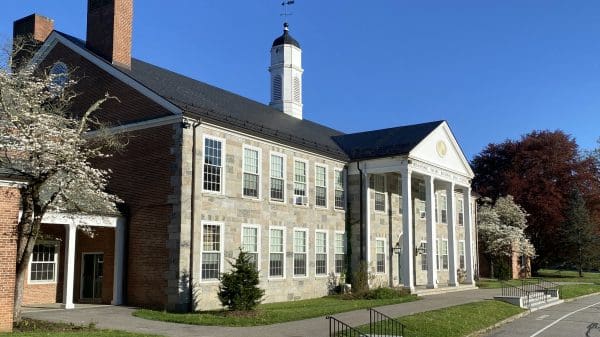

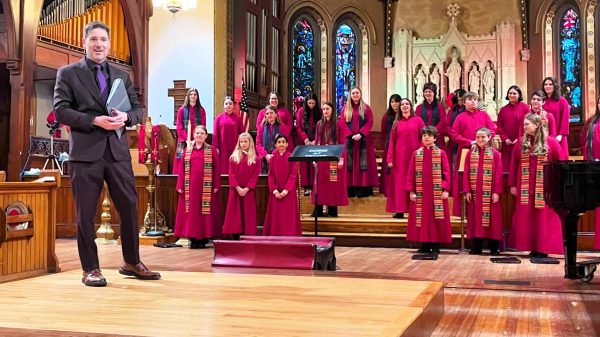



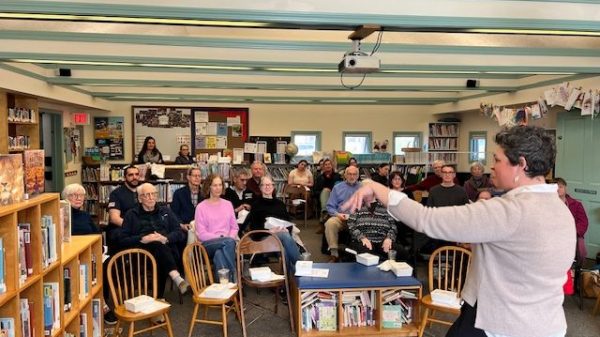






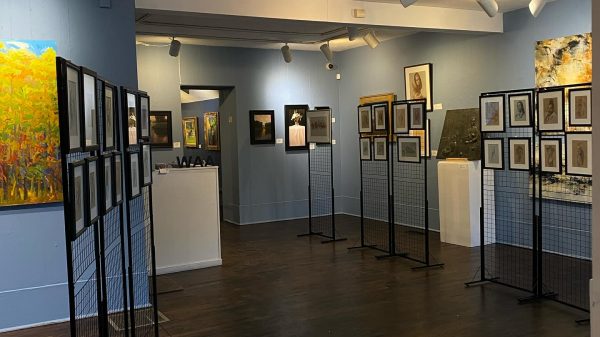




















Blythe Everett
February 19, 2025 at 2:48 pm
We at Marvelwood are so proud of this achievement, and of the many other films Wyatt and Leila, as well as other students, produced with Ben’s expert guidance, inspiration, and encouragement. Thank you for celebrating their accomplishment with your article, and for recognizing its subject.
Jonathan Yin
March 28, 2025 at 12:06 am
Amazing, educational, and inspiring!
Congratulations to Wyatt Lee and Leila Pongrácz, and their film teacher, Ben Willis!!!
I have visited Marvelwood numerous times and am really impressed by all sorts of student activities that engage young minds and develop their talents.